Weather conditions: With heavy rainfall over the last few days, grazing conditions have become difficult especially in the west of the country.
Where excessive damage is being done, housing is the best option.
Where cows have to be weaned, try to complete on a phased basis on dry days if you can.
Housing cows and leaving weanlings outdoors is a good option, especially if temperatures stay above average for the next few days.
If cows are eating silage or hay inside this will also help prevent against tetany. Stress around weaning can sometimes bring on tetany so take precautions for a few days after weaning.
Weanlings will be lighter to graze and will do less damage. Heavy finishing cattle are better off housed as well if grazing very wet areas. Finishing cattle won’t do a lot standing at the backs of hedges sheltering from rain. Feed the best quality silage and up the meal levels to maintain performance once housed. Continental steers should go onto 5-6 kg of meal along with silage to get the desired level of finish. Finishing rations are a lot more expensive this winter, coming in at €280-€300/t, so aim for a short sharp finish. Look for a high cereal content in finishing rations.
Cattle will benefit from a dose once housed. Check the withdrawal dates, especially if animals aren’t that far off coming fit for slaughter.
Sheep grazing: With a lot of grass left on farms and the prospects of getting it grazed getting less likely, some farmers are asking what they can do with it. While grazing later with weanlings will be an option on some farms, where weanlings are sold it won’t.
I have heard of a good demand from sheep farmers looking for winter grazing. Good fences are important and make sure the required movement dockets are completed to ensure both parties are cross-compliant. Having a written agreement in place around payment and movement dates is also important to avoid any confusion. €0.10 -€0.12/ewe/day is being paid on some farms and this could be a nice cash injection over the winter months.
Make sure you still stick to the closing plan and don’t leave yourself with a bare farm on 1 March.
Safety at loading: With a lot of extra cattle moving off farms in the coming weeks, safety at loading time is paramount. Accidents at loading time are too common.
Taking time to make sure all gates are secure before loading is key. If loading off passageways, plan your escape route in case you need to exit quickly. Always expect the unexpected and watch for animals turning at the ramp and forcing back.
Patience is key and staying calm is also important. Shouting and roaring at cattle or fellow stockman won’t help. Make sure trailers or lorries have loading gates working properly and be careful bringing gates around to close and watch for a flying foot kicking back the gate.
While older and younger members of the family are a great help don’t let them help at this job. Their reaction time won’t be fast enough if something goes wrong.



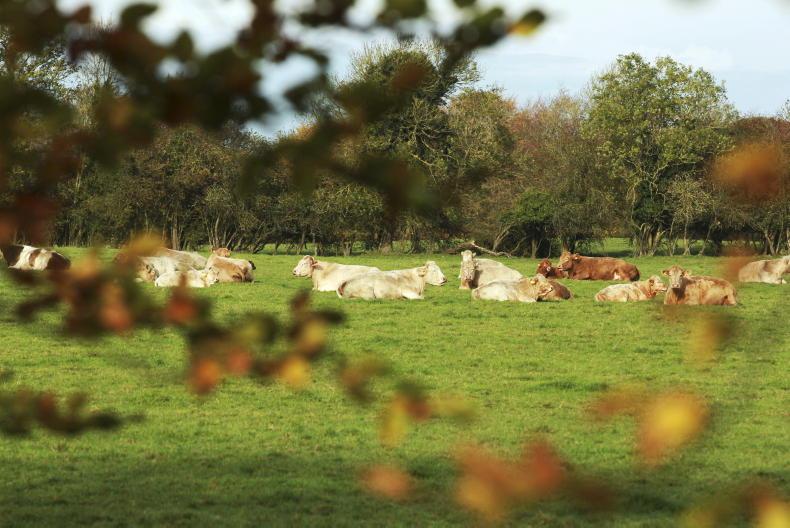

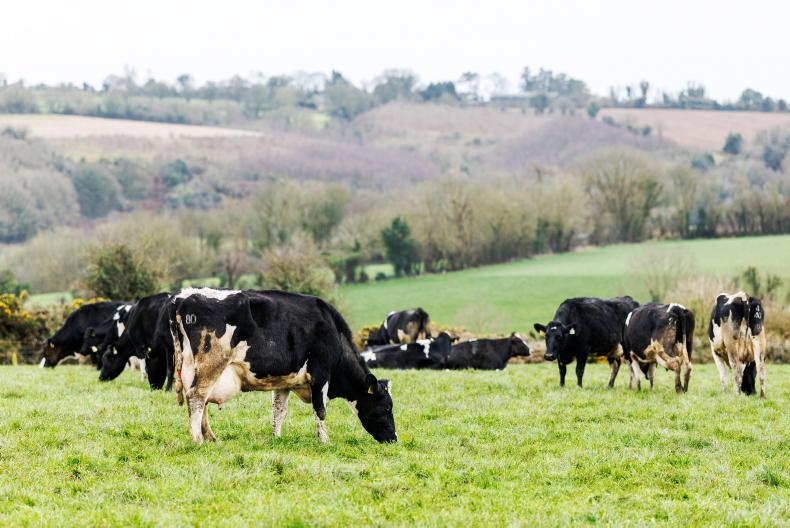

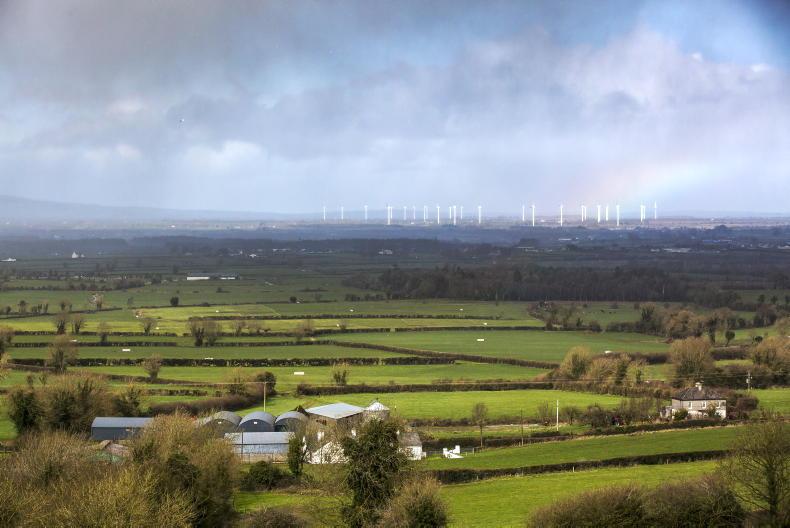
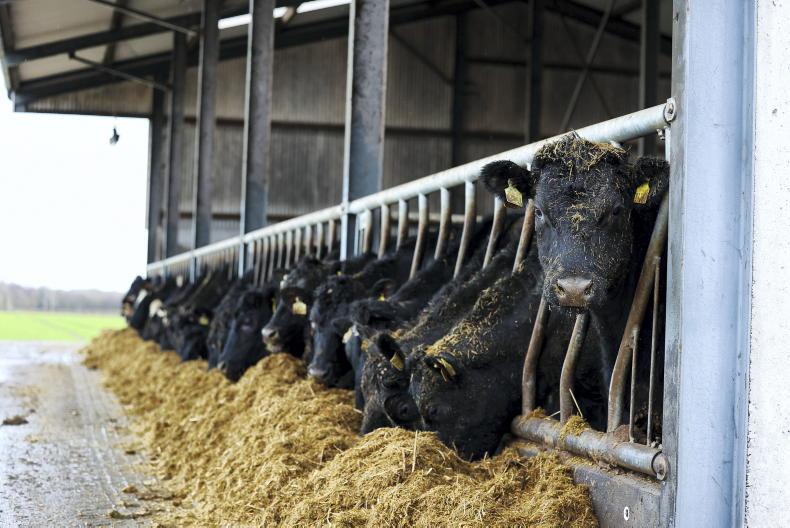
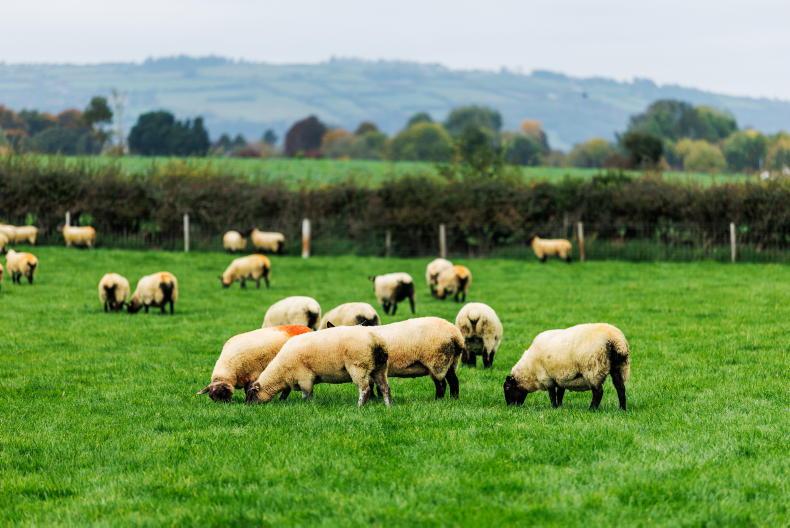
SHARING OPTIONS